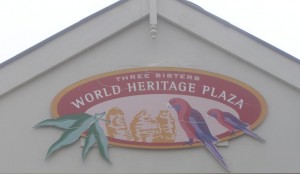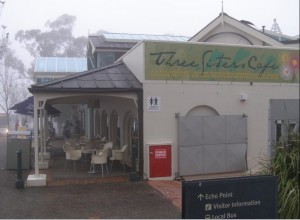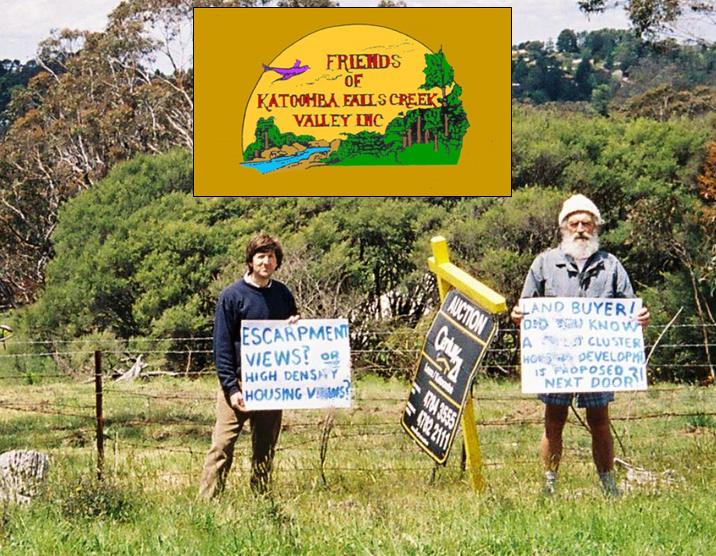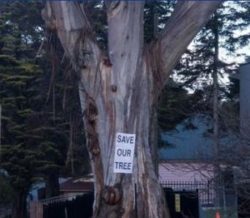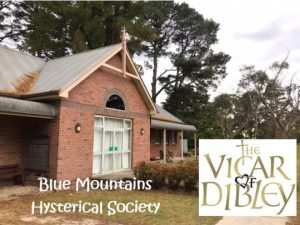‘Land Rights’ for Park Developers?
Tuesday, May 25th, 2010by Editor 20100525.
At the end of April a copy of the “National Parks and Wildlife (Sustainable Tourism) Bill, 2010” came into the possession of the Colong Foundation. This Bill introduces specific tourism provisions into the National Parks and Wildlife Act, 1974, including a long shopping list of development opportunities that would permit fast food joints, supermarkets, wedding reception centres, conference centres and resorts of all sorts.
The Colong Foundation sought the advice and assistance of Mr Tim Robertson SC, who in 2004 so admirably defended the Grose Wilderness from exclusive occupation by Fox Studios. Justice Lloyd in his judgment on that case found that the production commercial feature film “Stealth” (about rouge military aircraft), “has nothing to do” with the National Parks and Wildlife Act’s objects or the purpose for reserving land as National Park. The case was thrown out Court, but not until after several local conservationists had been arrested defending wilderness.
If this “Sus. Tourism Bill” is passed, then the legal action to stop “Stealth-type” activities will be virtually impossible and bad developments will sprout up in our precious National Parks.
The whole point of these changes is to destroy the nexus between uses of the national park and the conservation purposes for which the park was reserved, and the power of the Court to adjudicate on whether the Minister’s decision accords with those purposes. Under these new laws, it is the Minister, and not the Courts, who will decide whether a use accords with the Park’s purpose.
Mr Robertson advised that the proposed legislation “removes the legal protection of National Parks from uses which damage their ecology and landscapes, by destroying the principle that National Parks can only be used for a purpose which promotes the use of the land as a public park. It provides the legal authority for the privatisation of National Parks by enabling exclusive possession rights to be given for commercial purposes to private interests under the broad rubric of sustainable tourism. Under this rubric, National Parks will be able to be used for general tourist purposes, such as tourist resorts, convention centres, shopping centres, fast food outlets, sporting activities and fun parks, at the discretion of the Minister, even where those uses do not promote the conservation of the Parks.”
The tourist industry grab for land rights over National Parks has to be stopped. Environment groups will be taking the issue to the people at the Penrith by-election and through the media.
Given the Coalition’s stance on Part 3A planning laws, it seems unlikely that the Coalition Parties will support these new park laws. The Shadow Environment Minister, Catherine Cusack wrote to the Nature Conservation Council in November 2009 and advised that she and the then Shadow Tourism Minister, Don Page, “do not support private accommodation facilities inside National Parks.”
The NSW Government should act to strengthen national park laws as they have repeatedly promised to do, not weaken them to facilitate commercial development. National Parks and Wildlife should not be selecting development sites in parks with the aim of offering these sites to the tourism industry in an “investor-ready” form. Our parks should not become profit centres for developers.
There is no evidence whatsoever to support the notion that private development in national parks will boost the tourism industry or provide extra funds for park management. A stronger nature tourism industry for NSW with more people enjoying the parks is best achieved by encouraging tourism investment in nearby towns where it most benefits regional communities.
With our rapidly growing population, the integrity and protection of our parks is more important now than ever before.
How is it that the Coalition Parties seems capable of grasping these ideas, while the NSW Labor Government remains unresponsive?
Keith Muir, Director, Colong Foundation for Wilderness Sydney, Australia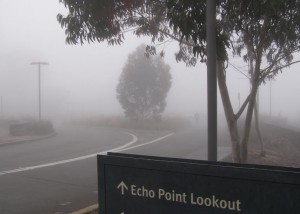
© The Habitat Advocate Public Domain
